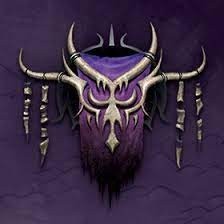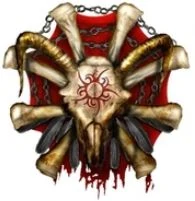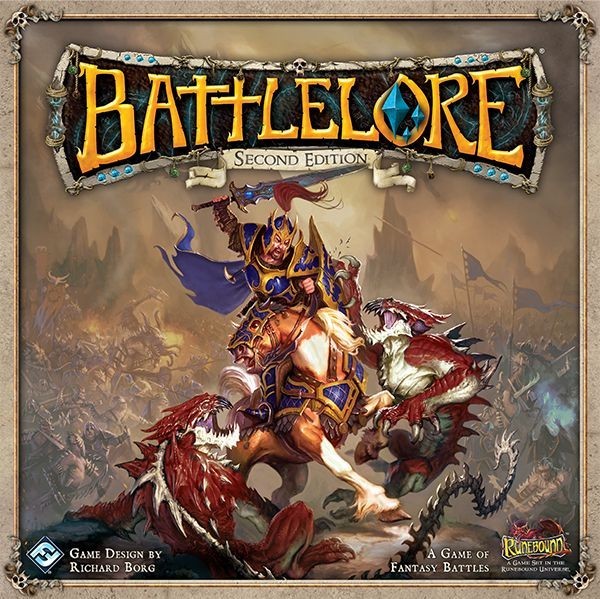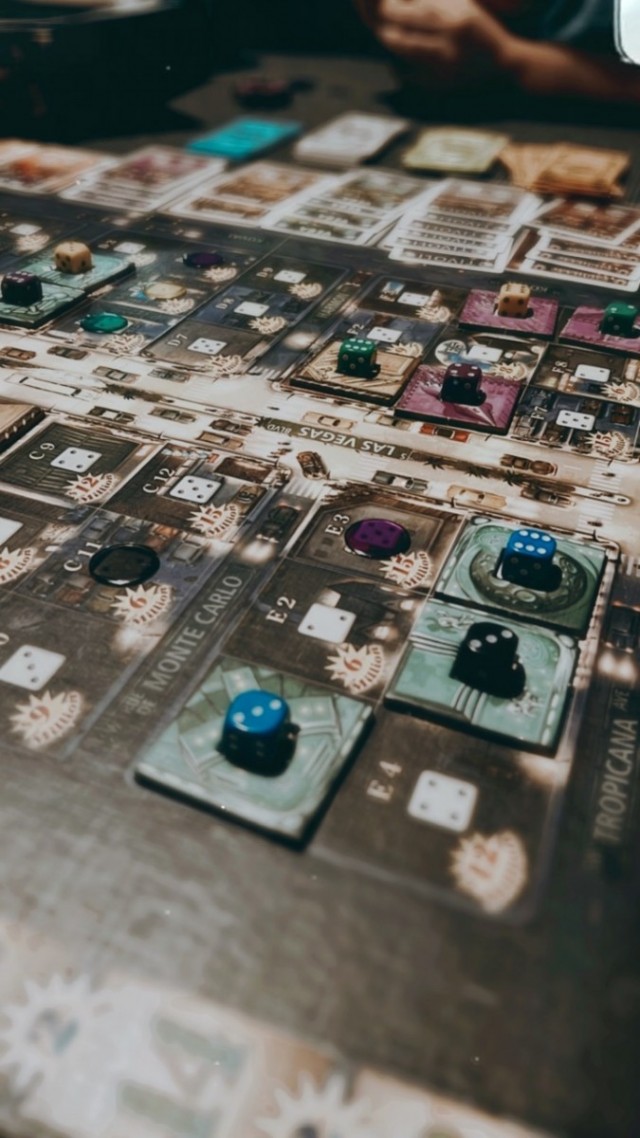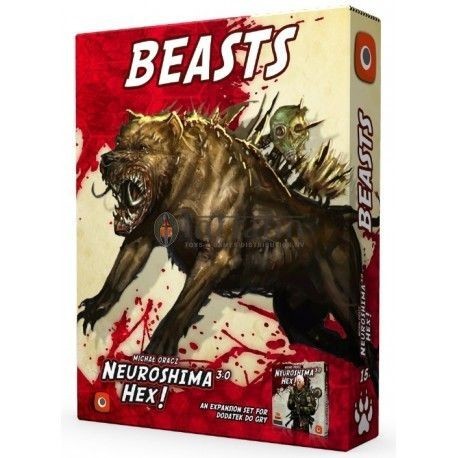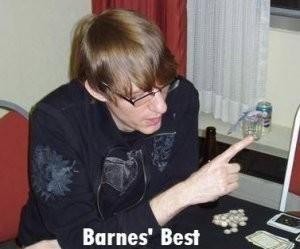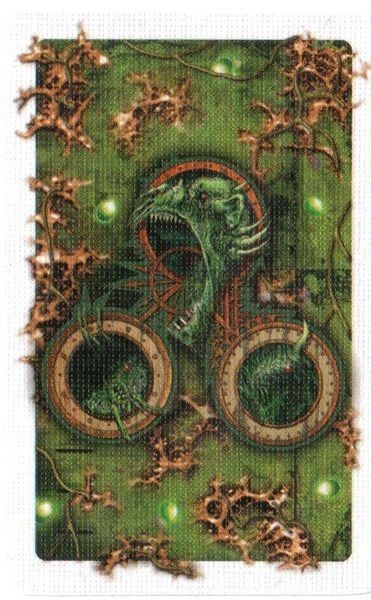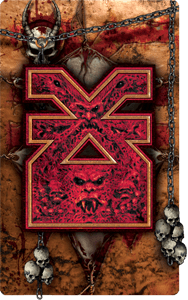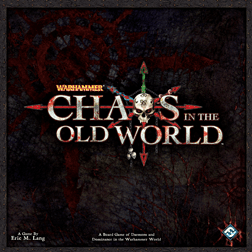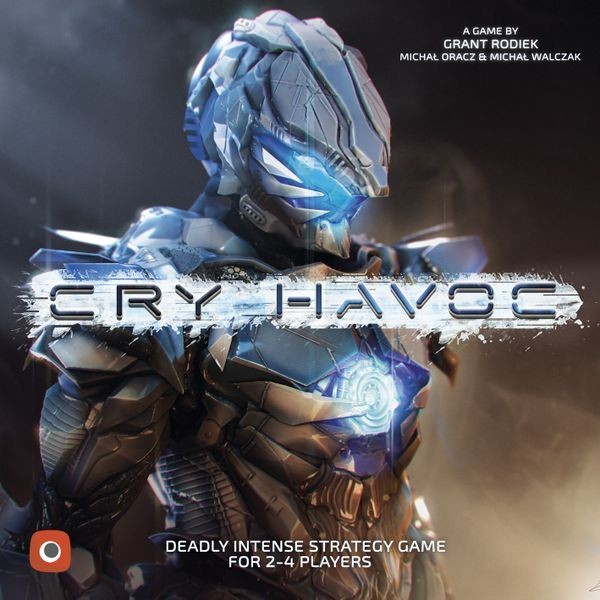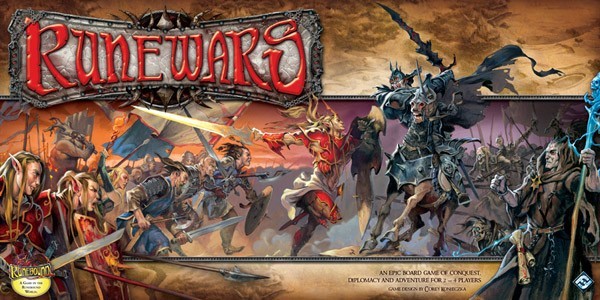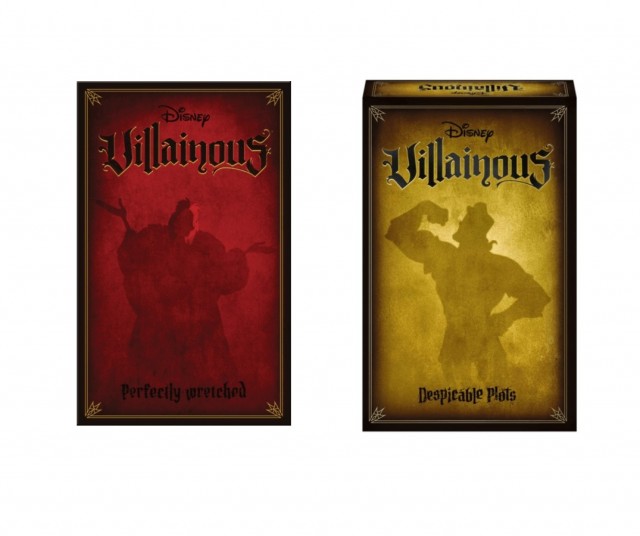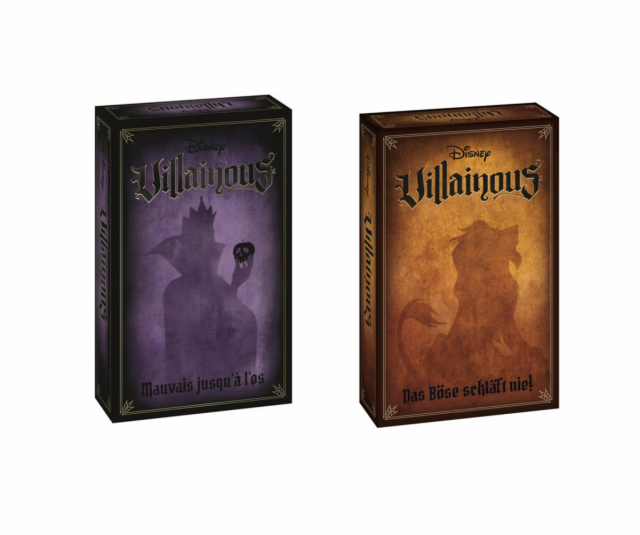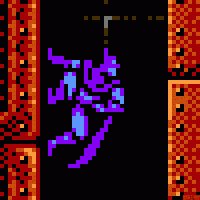Sit somewhere comfortable, make yourself a hot beverage, and have a read.
Marvel Champions is a cooperative card game for one to four players, and a collaboration between two entertainment juggernauts: Marvel and Fantasy Flight Games.
Once on the brink of non-existence after a bankruptcy scare in the mid-90s, Marvel and its superheroes are more popular than ever, due in part to the success of the Marvel Cinematic Universe (colloquially known as the “MCU”). Eschewing the standard franchise precedent of a sequel every year or so, Marvel released a series of interconnected but standalone movies, varied in tone and scope, over the course of a decade. The MCU is more like a serialized TV series than its box office brethren, and its de facto season finale, Avengers: Endgame, is now the highest-grossing movie of all time.
Fantasy Flight Games, founded in the mid-90s, has become one of the most recognizable publishers in the board game industry, due in part to the success of its Living Card Games (LCGs). Instead of following the standard card-game precedent of randomized booster packs with cards of different rarities, Fantasy Flight started delivering new content in the form of monthly expansions with fixed card distribution. LCGs like the narratively driven Arkham Horror card game are more like serialized TV shows than their card game brethren, with players “tuning in” each month to see what happens next.
No, this isn’t a press release. These remarkably similar success stories make one thing clear: this game isn’t exactly an underdog.
And yet…
Marvel Champions released late last year to surprisingly little fanfare, despite being a game about Marvel superheroes fighting Marvel supervillains.
Surprising, because the core set’s five playable characters align perfectly with the Marvel zeitgeist. Spider-Man and Iron Man are obvious inclusions as the most popular heroes in Marvel’s current lineup. Black Panther and Captain Marvel have just had massively successful films, and help to boost the inclusivity of a game sourcing heroes from a pantheon that is largely white and male. She-Hulk rounds out the group, likely as a nod to her upcoming Disney Plus series.
The three featured villains — Rhino, Klaw, and Ultron — are connected by a loose narrative that, if you squint, evokes the plot of the second Avengers movie.
At first glance, the game resembles vaguely disguised promotional material, developed to extract more moneybucks from the successes of their stable of superheroes.
And well, it almost assuredly is. Champions is the result of two massively successful media companies teaming up to make themselves a pile of money from a card game and its monthly expansions. It’s epitomized capitalism, tugging at the hearts — and purse-strings — of the millions who love these stories, these characters, these products.
And yet…
Marvel Champions is a good game.
This isn’t surprising. As a concept, Marvel Champions is the card game equivalent of an easy lay-up. A cooperative card game where you can play as Spider-Man? Swish.
By a lot of metrics, the Marvel universe is all the rage. While not all MCU films have been phenomena like Black Panther or Endgame, the franchise hasn’t seen one flop. All of its movies to date have performed very well critically and financially.
The same can be said of Fantasy Flight’s LCGs; while they may not get discussed with the posthumous reverence reserved for Android: Netrunner, they all maintain a relatively high standard.
For Champions, Fantasy Flight brought in resident LCG expert Nate French, who worked on card games with the Lord of the Rings and the Game of Thrones licenses, as well as recent LCG successes Arkham Horror and Legend of the Five Rings. The design team featured French alongside fellow Lord of the Rings designer Caleb Grace and former Netrunner lead designer Michael Boggs.
With a white-hot license and significant design experience behind it, Marvel Champions was a low-risk, high-reward play.
And yet…
There are voices of dissent.
Not everyone is happy about the Marvel media renaissance. Some prominent filmmakers ruffled feathers last year by suggesting that the Marvel movies aren’t “cinema”, that there is less artistic vision or risk associated with massive franchises like the MCU. Martin Scorsese clarified in a New York Times op-ed that his comments weren’t intended as an attack on the movies themselves, but to raise concern about how “market-researched, audience-tested” blockbusters prevent the more daring exemplars of the “art form” from getting their fair share of time at cineplexes. Then there are those like Alan Moore who sneeringly theorize that the continued success of superhero movies stems from audiences in a “self-imposed state of emotional arrest.” Others, out of earnest subjective dislike, or disdainful hipster cynicism, simply don’t enjoy them.
Fantasy Flight has its critics, too. It doesn’t help that Fantasy Flight’s games — and those from parent Asmodee Group as a whole — hold the lion’s share of the tabletop game market, at the expense of smaller independent publishers. Some detractors decry what they see as a predatory practice of thinly spreading content out over hundreds of dollars’ worth of expansions, each containing only one or two cards of any worth to competitive players. They portray Fantasy Flight’s model as being too focused on commercialization of a game’s experience, and suggest that fewer, larger, more well-designed expansions are better for a game’s long-term health. And there are, of course, the folks who just can’t get into Fantasy Flight’s games.
And yet…
Marvel Champions might be the easiest of Fantasy Flight’s LCGs to get into. It’s not as mechanically labyrinthine as Android: Netrunner, not as chaotically cruel as Arkham Horror. Each hero’s starter deck is easy to assemble out of the box, and the four different aspects (read: character classes) you can choose from — aggression, protection, justice, and leadership — limit card choices to help make the first steps into deckbuilding a little less overwhelming.
You win the game by reducing the villain’s hit points to zero. You lose if your hit points reach zero, or if the villain’s scheme — the card representing their evil plan — reaches a set number of ‘threat’ points. Every choice you make pushes you in one of two directions: toward victory, or away from defeat.
Simple. But not too simple.
One of Marvel Champions' innovations is the use of double-sided cards representing the dual identities of each hero. On one side of a card you might have bespectacled lawyer Jennifer Walters, prepared to get justice the old-fashioned way: with legal arguments. Flip it over, and she transforms into She-Hulk, boiling over with rage and ready to smash some evildoers.
This is more than just a thematic flourish. The two sides impact the game differently, primarily through how the villain will engage with you: they’ll attack you in hero form, but if you’re in alter-ego form, they will add threat points to their scheme instead, inching them closer to their nefarious goal.
Your most powerful abilities are limited to your hero form, but stay that way too long, and you’ll eventually get brought down by the villain’s constant assaults. Switching to your alter-ego lets you avoid attacks and recover precious hit points, but it leaves the villain free to scheme away.
Marvel Champions is a game of many binary decisions, but deciding on the right moment to flip your hero card is the most important one you’ll need to make, and you’ll make it often. Understanding the value of both sides is the key to getting the most out of your character.
When more players are making those same decisions with you, it can be really fun… or really slow. Four-player games often judder to a halt, especially with first-time players taking time to figure their cards out. That the game is cooperative tempers this issue, as new players can freely ask what they should do or how something works without disrupting the game. But even if everyone is experienced, the downtime can get tedious.
And yet…
Marvel Champions does manage to capture the thrill of being a superhero. Right from your first turn, your hero can do some really cool things. As you will refresh exhausted cards and draw a hand of new ones before engaging the villain each round, you’re never incentivized to hold anything back. This is a refreshing — and flavourful — departure from the drip feed of resources usually found in this style of game.
And there’s just something satisfying about inhabiting these iconic Marvel heroes. Each character has a distinctive cadence to their gameplay that flows not only from their hero card, but the 15 signature cards that must go in that character’s deck. Iron Man starts slowly; he spends the first half of the game quietly constructing his power armor, setting up some explosive late-game abilities. Captain Marvel channels her energy into playing high-cost cards early, or charging vicious attacks. Even the more difficult, fiddly characters (looking at you, T’Challa) make for a gratifying test of deck-building skill.
The villains’ mechanics are also faithful to their comic counterparts. Rhino’s straightforward, hard-hitting encounter cards make him a brutish blunt force, while Ultron cunningly uses players’ cards against them by turning them into annoying enemy drones. While there are only three villains in the core set, their decks can be customized with a handful of included modular sets to create more difficult encounters.
Part of any LCG’s draw is the promise of what’s to come. Captain America and Ms. Marvel, the first two “Hero Packs,” launched alongside the Green Goblin’s “Scenario Pack” in January, and other popular heroes like Thor and Black Widow soon followed. Rise of the Red Skull, the game’s first “campaign expansion” scheduled to release later this year, has generated the kind of anticipatory speculation normally reserved for an Avengers movie trailer.
And yet…
Fantasy Flight’s LCGs are an expensive proposition. While their countless expansions have never been required to play casually, they’re intended to drive you to keep current with the game. On top of this, critics believe that Fantasy Flight deliberately spreads the best new cards out a bit too thinly through a game’s numerous expansions, fishing for players to buy them all instead of just what they need for their favourite decks.
The LCG originated partly as a response to the ludicrously expensive secondary market for rare cards that prevents many from playing some of the prominent collectible card games as they are intended. They also enable designers to reinvigorate their games more frequently, well after launch. Why should players have to spend thousands of dollars on cards to enjoy a game on a high level? Why should they have to wait months or years at a time for new mechanics, themes, and narratives?
The obvious commercial reasons aside, releasing smaller expansions for a game more frequently helps keep things fresh without overwhelming players with an overabundance of stuff. On the other hand, players coming to a game a year or two after its release might feel just as overwhelmed when faced with a giant wall of expansions at their local shop, only needing one card from each of eight packs to build the deck they want.
Marvel Champions dodges this by including a fully playable deck in each new Hero Pack. If you only want to play as Thor, you only need his pack. Later in the game’s lifespan, new players can grab a core set and their favourite heroes’ packs in order to dive in, without having to research the game’s key cards.
Another complaint about Fantasy Flight’s LCGs, ostensibly fixed by Marvel Champions, was that their core sets included less than the maximum playable amount of some cards. Champions contains a full playset of each player card, a welcome change from previous games where two, even three core boxes were needed for a meaningful deck-construction experience.
The downside: more cards means a higher price, which could make some folks on the fence, already nervous about the potential long-term costs of monthly expansions, a little wallet-shy.
And yet…
It might seem like I’m flipping back and forth here.
I am.
A reviewer shouldn’t just say whether something is good or not. Reviews are subjective; they each essentially have an invisible “BUT THIS IS JUST ONE PERSON’S HUMBLE OPINION” appended to it. My opinions on a game’s component quality, artwork, theming or mechanics are only helpful to you if we have similar tastes.
Which is why I’d argue that the primary — or most helpful — function of a game review is to provide information not only about the game, but also the reviewer.
It’s more than just saying what is good about a particular game, or what I like about it. It’s telling you (indirectly) what elements of games matter to me, and what I want out of the experience of playing them. Whether you can derive anything useful out of my review is up to you.
So you shouldn’t be concerned if a critic shows their biases, because it actually helps you place a personal value on their reviews! If you think a reviewer spends too much time on mechanics, or theme, or socio-political context, you can just find another who doesn’t. If you don’t agree with a reviewer, it doesn’t mean either of you are wrong!
That might seem like it goes without saying, but it’s often drowned out by angry commenters assuming that reviewers are trying to speak for everyone. It’s the kind of thing that gets lost in a world of tweet threads and clickbait headlines:
Nuance.
People struggle with nuance, especially online. You see it in the wildly polarized perspectives on forums or social media: things are either one way, or the other. There’s no room for debate, sometimes literally (if there’s a character limit).
But here’s the thing: more than one notion can be true about a particular thing at the same time.
Big companies can exist as a problematic part of a larger oppressive capitalist machine, but they can also enable the creation of media content that inspires sincere joy and excitement.
Movies, or games, can be engineered to earn an unreasonable amount of money in a way that overshadows some hard-working creators, while also being Very Good Things worth experiencing, made by other hard-working creators.
Tony Stark can be a self-absorbed, alcoholic, womanizing jerk, and also a good-hearted, self-sacrificing, power-armoured hero.
Things aren’t only good or bad. They’re way more complicated than that. There is so much space between those extremes, and so many factors impacting them, that can’t all be distilled effectively into a tweet.
And yet…
We like it when things are binary: Good or evil. Right or wrong. Win or lose. They make things easier for us to understand in a terrifyingly complex world.
The Marvel movies — heck, superhero stories in general — are popular because they make things simple. Spider-Man’s the good guy, Green Goblin’s the bad guy. We don’t need to resolve difficult moral conundrums in order to root for the nerdy, superpowered teenager facing off against the maniacal CEO of an evil megacorporation.
Marvel Champions, like other games, makes things simple too. Everything you need to know is in the rulebook (or in a rules forum post on BoardGameGeek). When you sit down to play, your hopes, dreams, conflicts, and stressors get set aside. For a pleasant hour or so, winning and / or having fun is all you need to worry about.
This isn’t to say there’s no place for complex social or political concepts in games. The inherent limitations of tabletop games actually make them ideal as a way to abstract complicated ideas so that we might better comprehend and engage with them.
Marvel Champions, though, asks simple questions: Which hero will you choose? What cards will you play? Hero or alter-ego? Attack or thwart? Win or lose?
Buy the game or not?
It would be easy to end this review by saying: “If you like Marvel movies and Fantasy Flight card games, you’ll like Marvel Champions. If you don’t, you won’t.”
As you can probably guess, I think there’s way more to it than that.
But it’s not up to me.
***
If you enjoyed this review, why not follow me on Twitter, catch me streaming on Twitch, or check out my rulebook editing / content writing services at Ironclad Writing!
 Games
Games How to resolve AdBlock issue?
How to resolve AdBlock issue? 